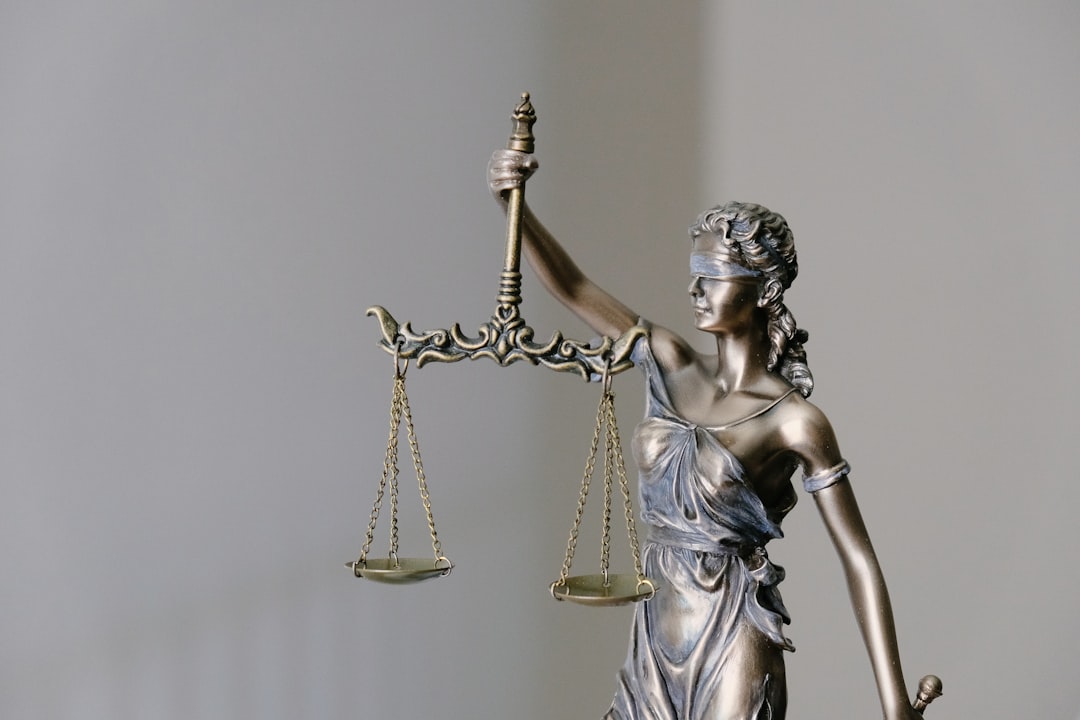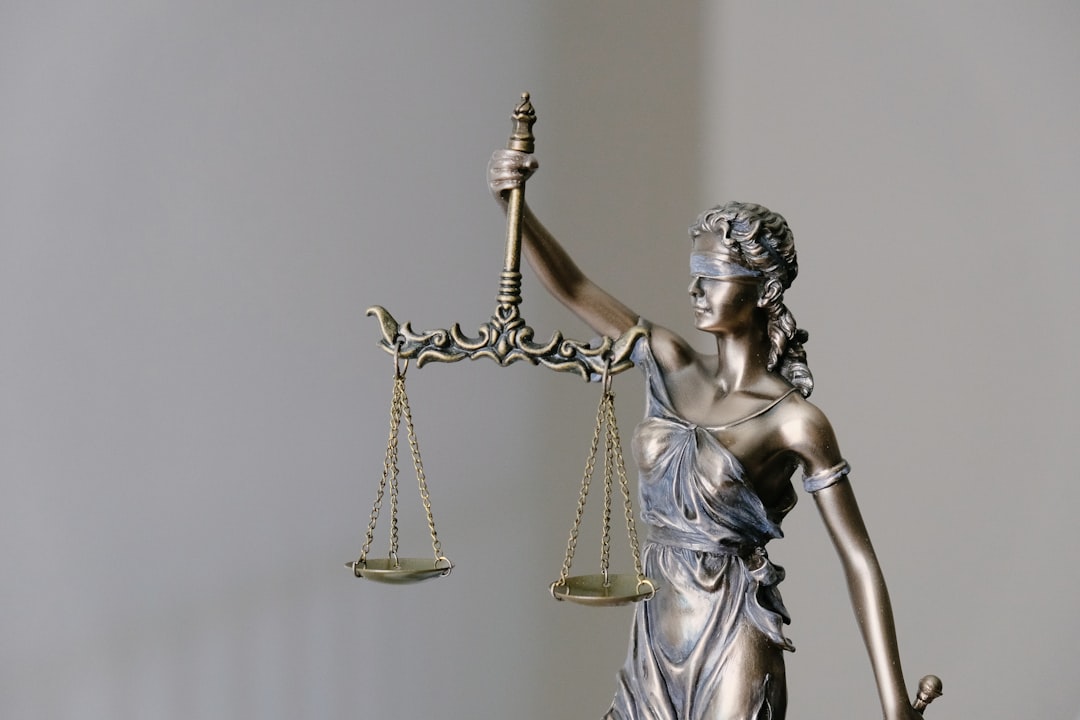Victims of school abuse in Albany, GA, face a critical choice between mediation and litigation. Mediation, facilitated by a neutral third party and guided by a specialized school abuse attorney, encourages collaboration for efficient, cost-effective resolutions. Litigation, an adversarial process handled in court, offers justice but at greater expense. The decision balances case specifics, client preferences, and desired outcomes, emphasizing the importance of consulting a Georgia school abuse attorney for tailored legal counsel.
In Albany, Georgia, navigating sexual abuse lawsuits can be complex. This article explores the critical distinction between mediation and litigation, offering insights into their respective roles in resolving school abuse cases. We delve into the benefits of mediation, highlighting its potential to foster healing and cost-effectiveness. Additionally, we guide parents on choosing a competent school abuse attorney in Georgia, detailing when litigation might be the optimal strategy. Understanding these options empowers victims’ families to make informed decisions.
Understanding Mediation and Litigation Processes

In Albany, Georgia, understanding the processes of mediation and litigation is crucial for anyone considering legal action regarding school abuse. Mediation involves a neutral third party who facilitates communication between both parties to reach an agreement. This approach encourages collaboration and often results in a more efficient, cost-effective resolution. A skilled school abuse attorney can guide victims or their families through this process, ensuring their rights are protected while exploring the potential for a mutually agreeable outcome.
Litigation, on the other hand, is a legal battle where both sides present their cases before a judge or jury. It’s a more adversarial method that can be lengthy and expensive. A school abuse attorney in Georgia will build a strong case using evidence, witness testimonies, and legal arguments to seek justice for their clients. The choice between mediation and litigation depends on various factors, including the specific circumstances of the case, the preferences of the victim or their family, and the potential outcomes each process offers.
Benefits of Mediation in School Abuse Cases

Mediation offers a unique and beneficial approach for resolving school abuse cases in Albany, Georgia. One of its key advantages is the ability to foster open communication between all parties involved—the victim, their family, the alleged perpetrator, and representatives from the school administration. This process encourages honesty and understanding, which can lead to more just outcomes, especially when compared to traditional litigation.
A school abuse attorney in Georgia facilitating mediation can help navigate complex legal issues while ensuring that the emotional well-being of the victim is prioritized. It allows for a collaborative problem-solving environment where creative solutions can be reached, potentially saving time and legal costs associated with lengthy court battles. This alternative dispute resolution method also promotes privacy, as it keeps sensitive details out of public record.
The Role of a School Abuse Attorney in Georgia

In cases of sexual abuse within educational institutions, a school abuse attorney in Georgia plays a pivotal role in advocating for victims’ rights. These legal professionals are well-versed in state laws and regulations pertaining to child protection and have extensive experience handling sensitive cases involving minors. They guide clients through the complexities of the legal system, ensuring that all necessary steps are taken to protect the victim and pursue justice.
A school abuse attorney in Georgia is instrumental in facilitating alternative dispute resolution methods like mediation over traditional litigation. This approach can offer a more supportive environment for victims, potentially reducing the trauma associated with legal proceedings. By encouraging open dialogue between parties, mediation provides an opportunity for healing while still aiming to reach a fair and agreeable outcome.
When is Litigation the Better Option?

In certain cases, litigation may be the most appropriate and effective course of action for victims of sexual abuse, especially when seeking justice against institutions or individuals within a structured setting like schools in Georgia. While mediation offers numerous benefits, there are scenarios where going to court is essential. For instance, if the accused party refuses to cooperate or admit liability, a victim may need a formal legal process to compel their participation and secure compensation. Litigation can also be beneficial when the case involves complex matters, such as institutional cover-ups or patterns of abuse, requiring extensive evidence and legal arguments to hold responsible parties accountable.
School abuse attorneys in Georgia play a crucial role in navigating these complex cases, ensuring victims’ rights are protected. They possess the expertise to build strong legal strategies, gather compelling evidence, and represent clients effectively in court. This is particularly important when dealing with sensitive issues like sexual abuse, where victims may require additional support and advocacy to share their stories and seek justice.
Finding the Right Lawyer for Your Case

Choosing the right legal counsel is a critical step in any sexual abuse lawsuit, especially when navigating complex cases like those involving school abuse in Georgia. When looking for a school abuse attorney in Georgia, consider their expertise and experience with similar cases. You want someone who understands the sensitivities and complexities of these matters and has a proven track record of success.
It’s beneficial to seek a lawyer with knowledge of local laws and the specific procedures in Albany courts. This ensures your case is handled efficiently and effectively. Additionally, look for an attorney who offers a supportive and compassionate approach, as this can make a significant difference during what is often a challenging and emotional process for survivors.






